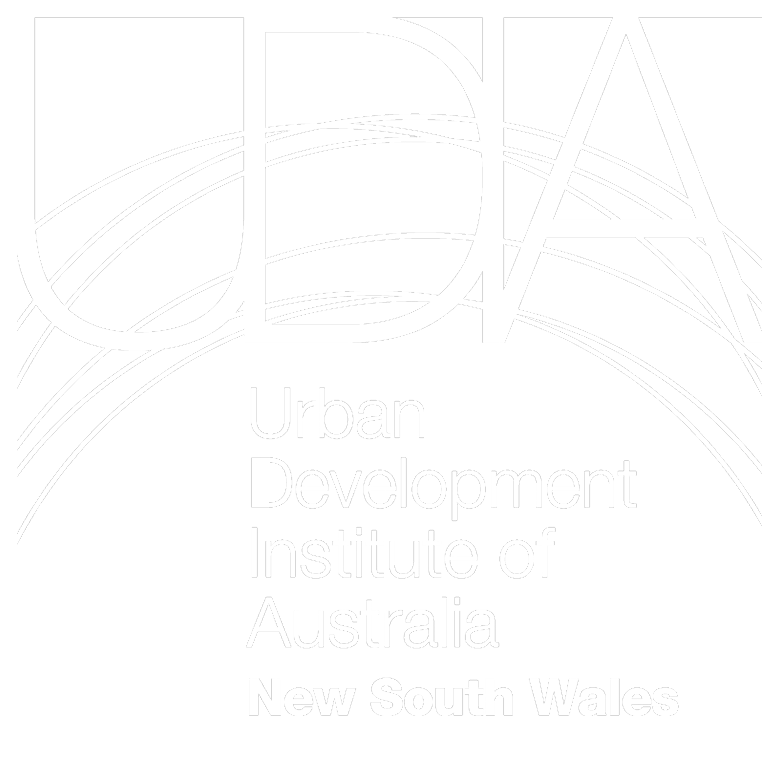The NSW Productivity Commission’s Green Paper, Continuing the Productivity Conversation, was released earlier this week. The Green Paper follows the Discussion Paper released last year, to which UDIA made a detailed submission. This is a timely document highlighting a clear pathway for further action and reform to help rebuild the economy, by boosting productivity to support other government stimulus actions. Many of the UDIA Recommendations were adopted including:
- Ensure planning instruments keep up with housing needs, while taking into account community interests (Recommendation 7.1).
- Review apartment design and car parking regulations to accommodate consumer choice while maintaining minimum basic quality. (Recommendation 7.2).
- Rationalise zones and restrictions on permissible business activities and produce strategies to use commercial and industrial land more productively (Recommendations 7.3-7.5).
- Continue to cut red tape to make the planning system more effective and deliver on the Government’s goal of reducing assessment times (Recommendation 7.6).
- Develop a consistent way to measure the benefits of open and green space, and incorporate it into land use planning (Recommendation 7.7).
- Use the Review of Infrastructure Contributions to find ways to deliver a principles-based, transparent and certain system (Recommendation 7.8).
There were strong recommendations to replace stamp duty with a broad-based land tax on unimproved capital value; however, the Commission was muted on abolishing the rate peg, suggesting councils hold a plebiscite of ratepayers in three years to test support for abolition of the peg.
Positively for the Western City there were recommendations to improve governance by setting a vision and plan for the water sector with clear roles and responsibilities. This included the need to remove unjustified barriers to water recycling. The Commission has identified a series of actions based on the UDIA submission for Government, which we will advocate for:
- To improve statutory timelines for approving development applications, the EP&A Regulation should be increased in scope and incorporate shorter procedural timeframes that align with those prescribed by the Development Assessment Best Practice Process Map.
- To improve certainty of the assessment period for certain development types, a deemed approval provision comparable to clause 64 of the Queensland Planning Act 2016 should be introduced to the EP&A Regulation.
- To minimise reliance on stop-the-clock provisions, develop procedures to ensure appropriate information is provided prior to lodgement of an application. This would assist with addressing inconsistencies in the existing processes by which councils receive development applications and determine the necessary lodgement requirements.
- Explore opportunities to expand complying development approval pathways, commencing within new and broader business and industrial zones.
Consultation on the Green Paper closes on 18 September, and UDIA will be running a range of member consultation sessions.
